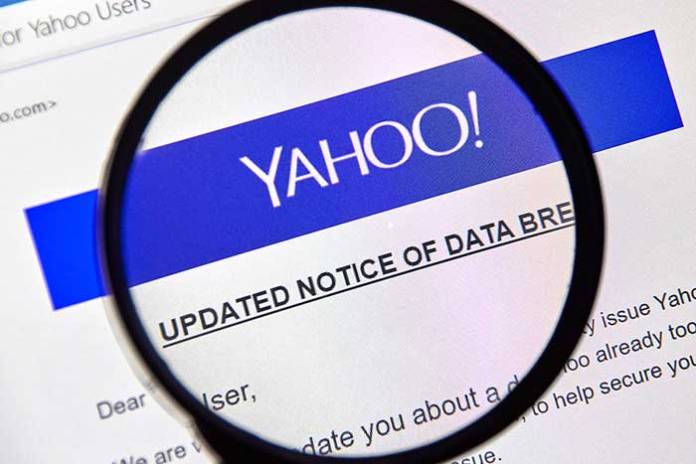
A number of online technology companies such as PayPal, Epic Games, Steam, Yahoo, and Valve have been banned in Indonesia. The companies were given until July 27 to register with the government’s database pursuant to the country’s 2020 MR5 law. Indonesia said the “private electronic system providers” who failed to register would be banned from operating in the world’s most populous Muslim country.
Under the MR5 law, the Indonesian government will be able to ask the tech companies to remove any offensive content within four hours and have until 24 hours to comply with other similar requests. Online content that is deemed a threat to public order may be requested to be taken down within four hours – a development that many human rights groups such as the Electronic Frontier Foundation and the Human Rights Watch have criticized.
“[MR5] is a tool for censorship that imposes unrealistic burdens on the many digital services and platforms that are used in Indonesia,” said Linda Lakhdhir, Asia legal advisor at Human Rights Watch. “It poses serious risks to the privacy, freedom of speech, and access to information of Indonesian internet users.”
The director-general of the Indonesian Ministry of Communication and Information (Kominfo), Semuel Abrijani Pangerapan, said the government will allow companies who missed the deadline to still register after to continue operating in the country. In the case of PayPal, Pangerapan said the platform will be given five more days before the total ban to allow Indonesians to move their money out of the platform.
A few days before the July 27 deadline, companies such as Microsoft, Apple, Google, Amazon, TikTok, Twitter, Amazon, Meta, Netflix, and Spotify rushed to perfect their registration. But others such as PayPal, Epic Games, Valve, Steam, and others missed the deadline, but Pangerapan said they can still comply with the government’s regulation after the deadline. They will be unblocked after normalizing their registration.
“The blocks are not permanent, assuming the companies register and comply with the regulation, and Kominfo has already reached out to these companies to ensure compliance and reverse the block,” said Daniel Ahmad, senior analyst at Niko Partners.










